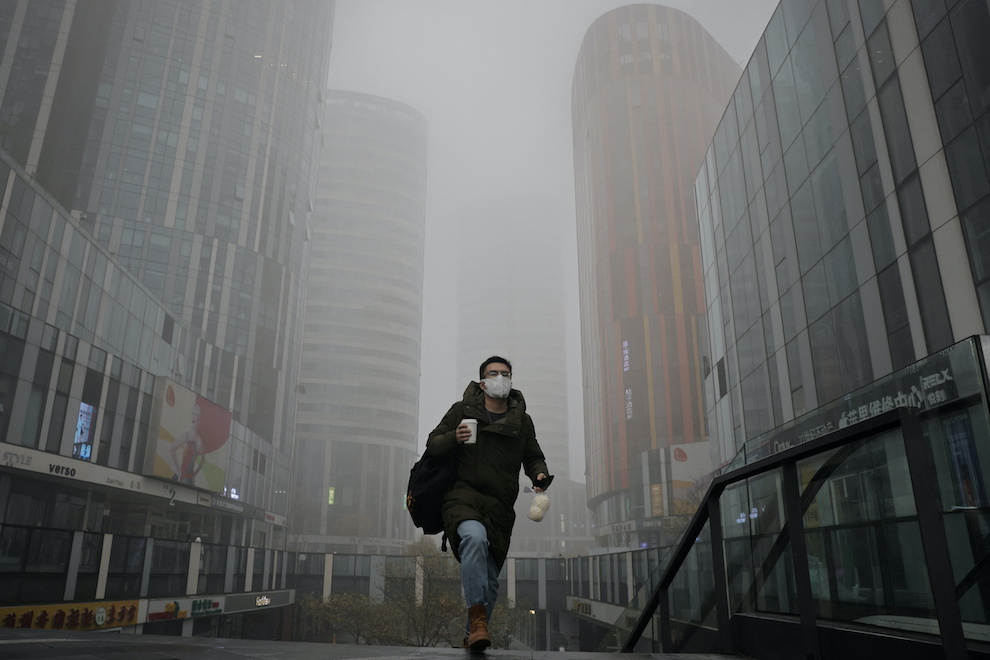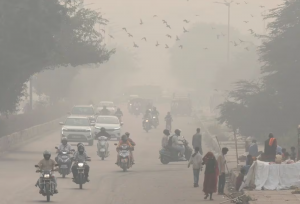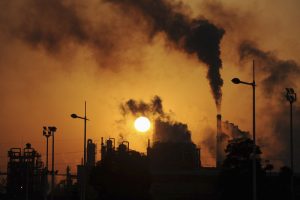State officials say China needs to lift its air quality standards because pollution is still taking a serious toll on citizens’ health.
Indeed, it is likely to have claimed far more lives than the coronavirus, for example. Even if the Covid-19 death toll – 4,663 over the two-plus years to yesterday is inaccurate, it’s well below estimates of the number of people likely to have died from long-term exposure to smog.
In 2019, air pollution in China caused about 1.4 million premature deaths, according to the Global Burden of Disease Study, a programme run by the University of Washington. And that figure is similar to other studies over the previous two decades.
China has been seeking to keep air pollution – hazardous particles known as PM2.5 – below 35 micrograms per cubic metre since it launched a campaign to reduce smog nine years ago.
A special effort had to be made to reduce air pollution for the Beijing Winter Olympics in February by shutting down many factories around the capital while the Games were staged.
But unlike some other countries, China has made significant progress, halving its PM2.5 levels since 2015 to 30 micrograms per cubic metre last year, official data shows.
Target Well Over WHO Limit
However, China’s interim target of keeping PM2.5 levels below 35 micrograms is well over the 5-microgram limit that the World Health Organization (WHO) recommends.
And industrial areas in the country’s north still have smog levels close to 200 micrograms, especially in the winter.
Beijing needs to revise national air pollution standards and improve legal protections for human health, the task force commissioned by China’s national pollution research programme said on Friday.
“The acute health risk of ambient PM2.5 pollution usually means that short-term exposure to PM2.5… may cause acute damage to the body, trigger the onset of symptoms or diseases (mainly cardiovascular or respiratory disease) and lead to premature death and a series of adverse health effects,” it said in a report.
Recent studies show that each 10-microgram increase was associated with a 0.34% increase in the risk of hospitalisation for respiratory diseases, the report said.
It urged the government to further promote clean energy, upgrade industries and control transportation pollution, adding that China’s goal of carbon neutrality was a crucial part of its efforts to meet WHO recommendations.
It called for improvements in data and a more systematic study of the health effects of air pollution, including the impact of “key toxic components” on human biomarkers.
• Jim Pollard with reporting by Reuters
ALSO on AF:
China Talks Up ‘Green’ Olympics But Prepares to Fight Smog
Japan Greenhouse Gas Emissions Fall to Record Low
Indian courts crack down on firecrackers
























